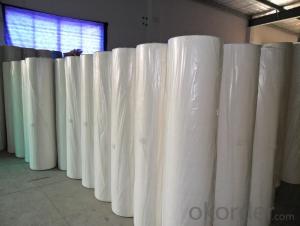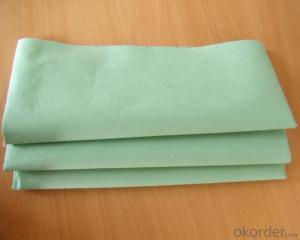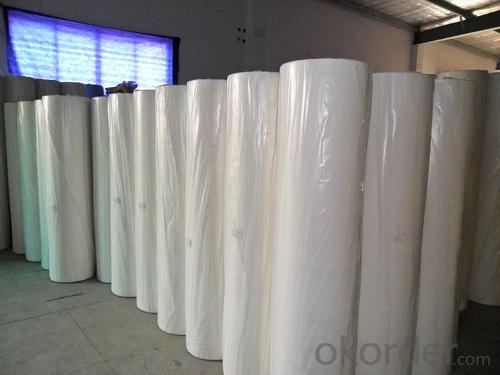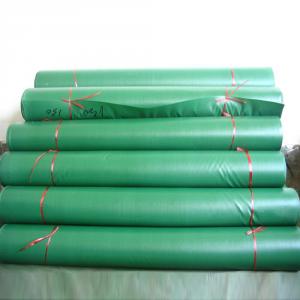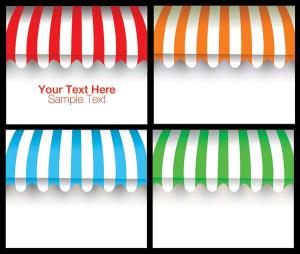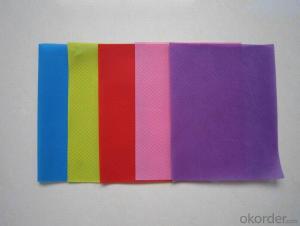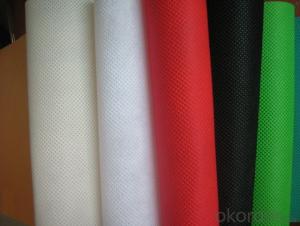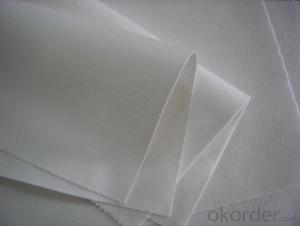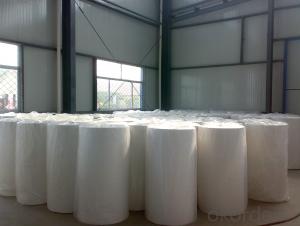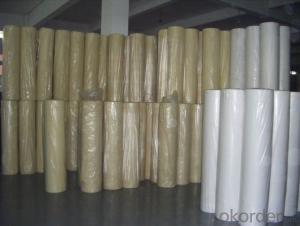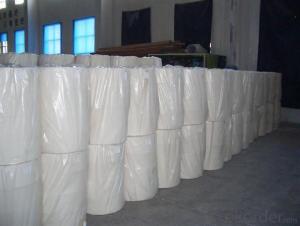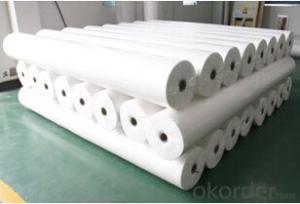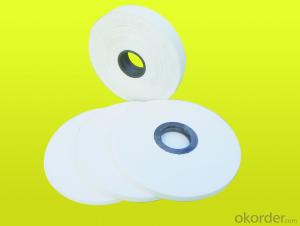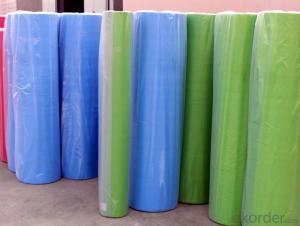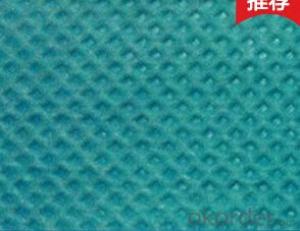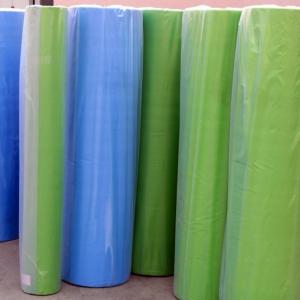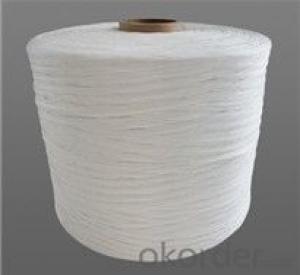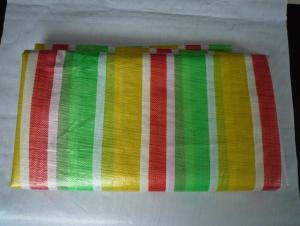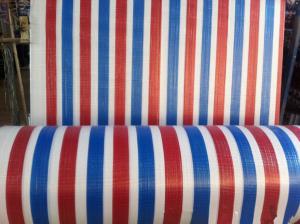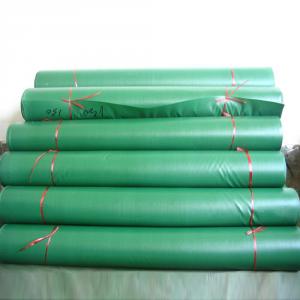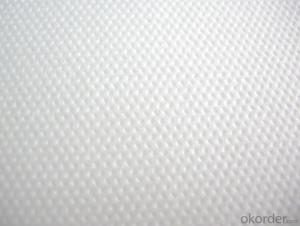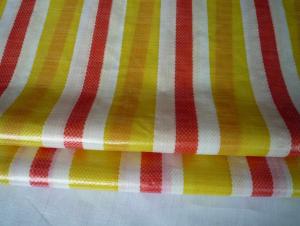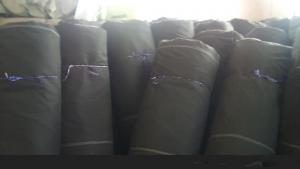Flame Retardant PP Non Woven Fabrics Used For Spring Matress
- Loading Port:
- Shanghai
- Payment Terms:
- TT OR LC
- Min Order Qty:
- 1000 kg
- Supply Capability:
- 10000 kg/month
OKorder Service Pledge
OKorder Financial Service
You Might Also Like

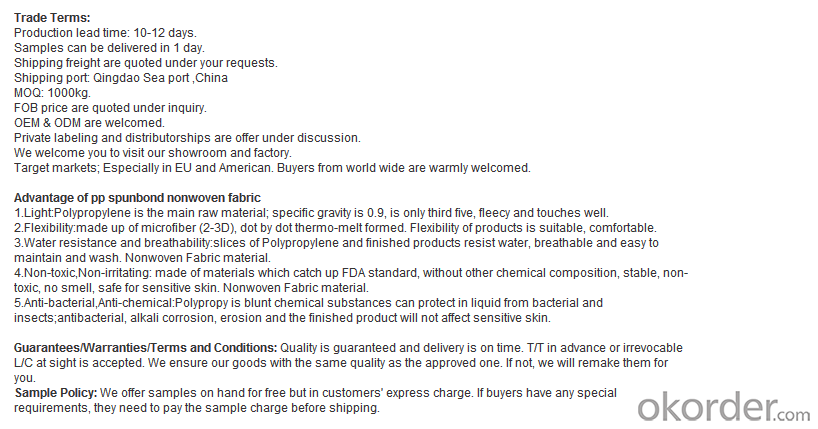
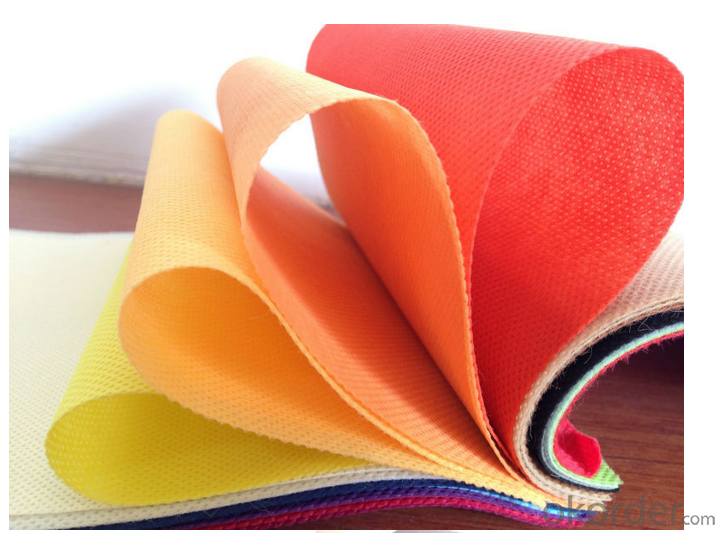
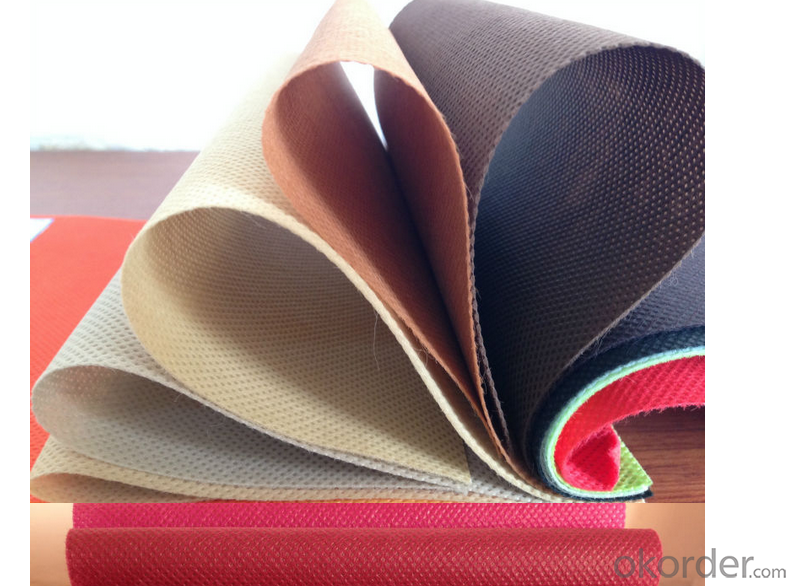
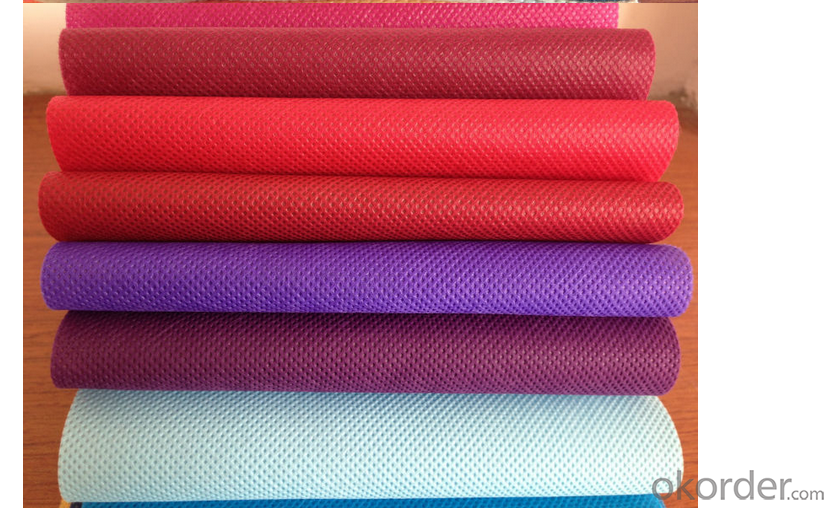
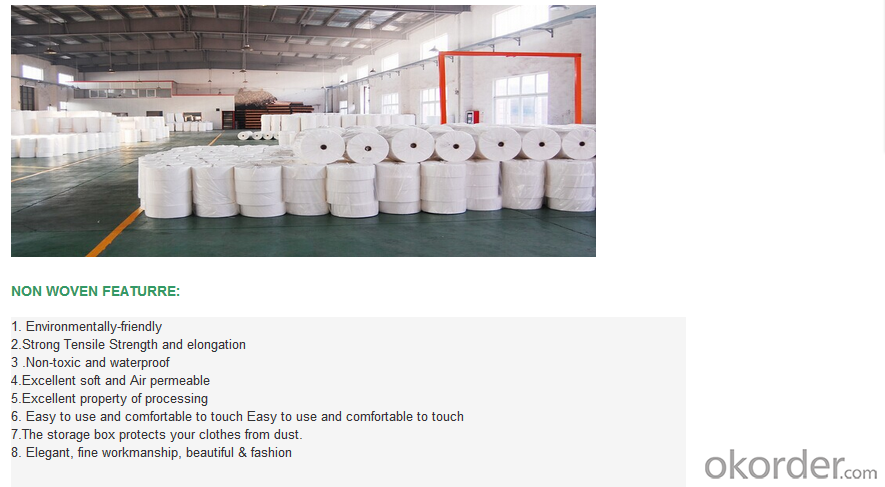
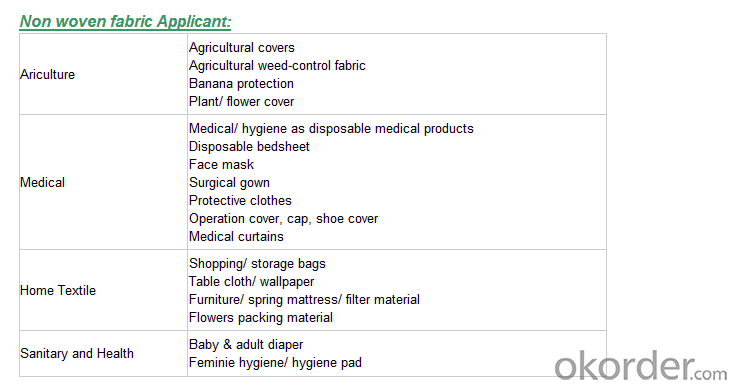
We are recognized as a reliable Manufacturer, Exporter and Supplier of Non Woven Fabric. We can provide Non Woven Fabric in any gram/m2 and any colour required by customer. Non Woven Fabrics are broadly defined as sheet or web structures bonded together by entangling fiber or filaments (and by perforating films) mechanically, thermally or chemically. PP Spun bonded Non woven Fabrics are produced using a precise extrusion-based technology. The polymer is stretched into a continuous filament and loosely spread onto a conveyor belt to form the web. Air is used to form and lay the fabric filaments. On the other hand, some non woven fabrics can be recycled after use, given the proper treatment and facilities.
Product Specifications
Weight: 10 - 150 gsm
Width: Max 1600 mm (can be slit)
Fabric Roll Length: As per buyer’s need ( 200 - 1200 Mtr)
Color: various colors available.
Procedure of production: Spun bonded Non Woven, Diamond design
Material: polypropylene
Minimum Order: 1000 Kg
Sample: sample free, freight collect
Product Application
Non woven fabric manufacturers usually manufacture the fabric in a roll form. It is then sent to various other industries where it has end applications, where is it cut and given different form depending upon the use. They can also be used in combination with different materials and offer a wide range of products.
Colored Non woven fabrics are use in many sectors and variety of applications, such as Health, Hygiene, Medical, Packaging, Agriculture, Furniture Upholstery, Geo Textiles, Leather Industry, Shoes and Garments. Customers come from the textile and automotive industries as well as many other sectors.
- Q: Listed in recent years the textile industry pollutant emissions
- As the first half of the industrial added value increased by 13.2%, therefore, COD and sulfur dioxide and other major pollutants emissions are still increasing. Structural pollution is still outstanding. In the first half of the year, the COD emissions from the food processing industry, the paper and paper products industry, the chemical raw materials and chemical products manufacturing industry, the textile industry and the chemical fiber manufacturing industry increased by 67% and the growth rate Investigate 82.3% of the total COD emissions of enterprises;
- Q: What are the processes of dyeing and finishing of textiles?
- Different raw materials processing process is not exactly the same, the specific operation of specific raw materials.
- Q: Textile fabric classification, dyeing and finishing processing is what?
- You talk about the details of the Yeah, textile fabrics are divided into two categories: knitted fabrics and woven fabrics, as well as non-woven I do not know count, huh, huh
- Q: Lin is what kind of textile
- Second, the identification of fiber 1, identification methods: ① identification methods are feel, visual method, combustion, microscopy, dissolution method, drug coloring method and infrared spectroscopy.
- Q: Textile machine, I should use single-phase power or three-phase electricity
- Production capacity and what kind of relationship you use it, and your productivity and equipment utilization relationship is quite big, the motor is not that, but I feel with three-phase motor will be more convenient (if you want to reverse the words One-way will be more trouble than the three-phase)
- Q: Classification of textile materials
- According to the raw materials, processing methods and composition of different, can be divided into renewable fiber, synthetic fiber and inorganic fiber three categories. The yarns made from textile fibers are diversified because of the different types of fibers and different forms of yarn processing; the resulting different yarn structures are due to the different physical properties and the use characteristics of the different yarn structures The
- Q: How does the chemical composition of the textile be analyzed?
- The chemical composition of a substance refers to the proportion of each chemical element, expressed in experimental form
- Q: Analysis of import and export of textile
- The growth rate fell 6.2 percentage points. Textile and apparel exports totaled $ 292.1 billion in 2013, an increase of 37.8% from 2010, an average annual growth rate of 11.3%, down 3.8 percentage points from the previous year's 15.1% average annual growth rate.
- Q: What is the imo standard in the textile industry?
- The IMO certification will specify the requirements to ensure that the organic status of the textile, from the harvest of raw materials, to the annotations of environmental and social responsibility manufacturing, is to provide credible guarantees to the end consumer.
- Q: The Development of Textile Industry
- From the international environment, the international market is still a large expansion of space and opportunities. With the end of 2007, China and the EU textile limit expires, the end of 2008 the end of the Sino-US textile quota limit, the Chinese textile quota era is approaching, accounting for more than 60% of the global textile market share of the region fully open, will bring to China's textile trade Great opportunity.
Send your message to us
Flame Retardant PP Non Woven Fabrics Used For Spring Matress
- Loading Port:
- Shanghai
- Payment Terms:
- TT OR LC
- Min Order Qty:
- 1000 kg
- Supply Capability:
- 10000 kg/month
OKorder Service Pledge
OKorder Financial Service
Similar products
Hot products
Hot Searches
